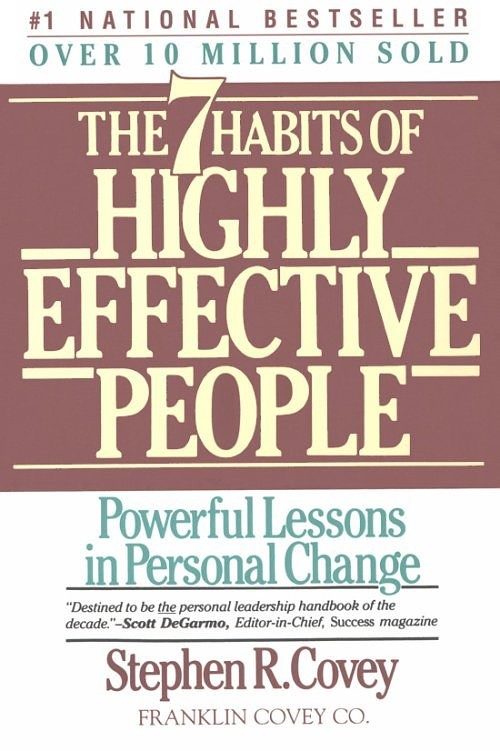7 Habits of Highly Effective Traders
Post on: 28 Апрель, 2015 No Comment

JonathanHoenig
There’s something tauntingly accessible about The Seven Habits of Highly Effective People, the 1989 Stephen Covey self-help book that’s sold more than 15 million copies worldwide. Not surprisingly, the prospect of making meaningful improvements to one’s life in just a few easy steps holds universal appeal.
See also
Given their inherently unpredictable nature, the markets, alas, can’t be so easily mastered. But while thinking about what makes an effective trader, I considered the attributes of successful investors I’ve known along with historical financial figures. And while there is no simple checklist of criteria for market success, there are certain qualities many accomplished investors tend to share.
Effective traders are disciplined. Some investors use technical analysis. others follow the fundamentals. No approach works all the time except discipline, which is essential regardless of how one invests. When it comes to stop-loss orders. for example, it’s not that a 15% stop is that much better than 12%, only that some discipline is set and adhered to over time. It only takes one slip-up to crater an otherwise healthy portfolio.
Effective traders are on time. They’re used to the rigidity of markets opening and closing at fixed times, of bond and interest payments being made — and due — on fixed dates. They don’t pay late charges on bills or interest finance on credit card debt, understanding that money is scarce and has a time value associated with it.
Effective traders think in percentages and probabilities. The best traders know that a strong $100 stock has even more of a chance of doubling than a weak $1 one and that, despite many pundits eager to link any news story to the market, on any given market day, a 50-point swing in the Dow Jones Industrial Average doesn’t mean much. Percentages are also vital to consider when it comes to limiting risk. For example, a holding that drops 25% must then gain 33% in order for one to break even on the investment.
Effective traders are humble about gains. Markets are not ATMS. Those who trade in them know income is irregular at best, with frequent periods of losses punctuated by gains. Yet when one of our holdings soars, so can our overconfidence and recklessness. Effective traders understand that no investment is infallible and are able to keep a clear head amid both profit and loss.
Effective traders are skeptical. From Wade Cook to Kevin Trudeau. there’s always been an assortment of get-rich-quick scam artists claiming the secret to untold millions. Not only does such a Holy Grail not exist, but even if it did, why on earth would anybody sell it in a $24.99 book? Effective traders are natural skeptics, questioning assumptions and acting on objective evidence rather than faith or blind trust.
Stocks Resources
Effective traders have lives outside the market. When it comes to money, it’s easy to become a little obsessed. That’s especially true in markets, which are now totally accessible, along with plenty of leverage. nearly 24 hours a day. When markets are volatile and anxiety is high, it’s easy for our self-worth to become confused with our net worth. The danger comes when one starts internalizing emotions into trades, opting to get back at the market by doubling down or making irrational, all-or-none decisions. Outside interests help keep some perspective: even famed trader Jesse Livermore went fishing now and then.
Effective traders practice money management. The dirty little secret is that market results are a function of how you invest much more than what you invest in. From Internet stocks to oil, bull markets come and go with each passing season. The experienced trader maintains consistent initial position sizes and follows the golden rule of cutting losses and letting winners run in order to survive and prosper in any market environment.














